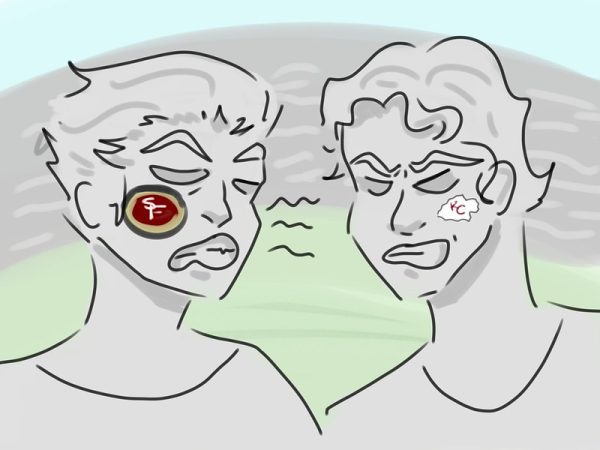Waving goodbye to idealism … for now
With the end of 2015 comes New Year’s resolutions — their completion or creation. More often than not though, we forget our resolutions within a couple weeks; attempts to accomplish them often results in failure, preoccupation, forgetfulness or laziness. After the excitement of what appears to be a new chapter dwindles, we are faced with the reality of whether or not our resolutions are even worth pursuing.
As with anything that requires time and effort, there comes a point at which we feel conflicted on whether to try harder or turn in the towel. And, as much as we want someone else’s advice on the matter, ultimately, we, as individuals, are most suited to decide what is best for ourselves.
It is important to note that ceasing the pursuit of a goal is not the same as giving up. The former results from being realistic and acknowledging that your abilities are better suited in other efforts, while the latter results from fear of failure and lack of ambition.
Being realistic is hard, to say the least, because it involves facing our weaknesses. With the “I think I can because if the little engine could, I can too” mentality that we have held dear since childhood, we tend to believe that with enough effort, anything can be accomplished.
Unfortunately, we are not little engines nor do we live in cartoons and the fact remains that we are almost, if not already, adults.
If we exit cartoon land and enter the similar, more widely accepted world of idealism, we might find that, with enough time and resources, we can in fact achieve anything we set our minds to. We would find that all is fair. We would find that every aspect of our lives exists for a reason.
And I’ll admit, there is truth in idealism: I witness hard work pay off every day. Unfortunately, idealism can only be maintained in an environment of honesty, integrity and understanding, and with the news of murder, racism and cruelty flooding social media and publications today, it’s getting harder and harder for me to believe in this philosophy.
I want to believe that dreams can come true. I want you to believe that dreams can come true, because I really do believe the greatest reward comes from giving one’s all and risking failure.
But if you can, realize when the desired result isn’t worth the risk — to protect yourself. I’d like to emphasize that I’m not trying to seem like some profound life coach. Rather, I’m trying to justify the questionable decisions I’ve made in my short 17 years of life; I’ve lived in the bubble of San Ramon for 13 of them, and am everything you would expect from a Dougherty student.
But even from my diminutive pool of experience, I can safely conclude that happiness can come from simply knowing when to walk away.











